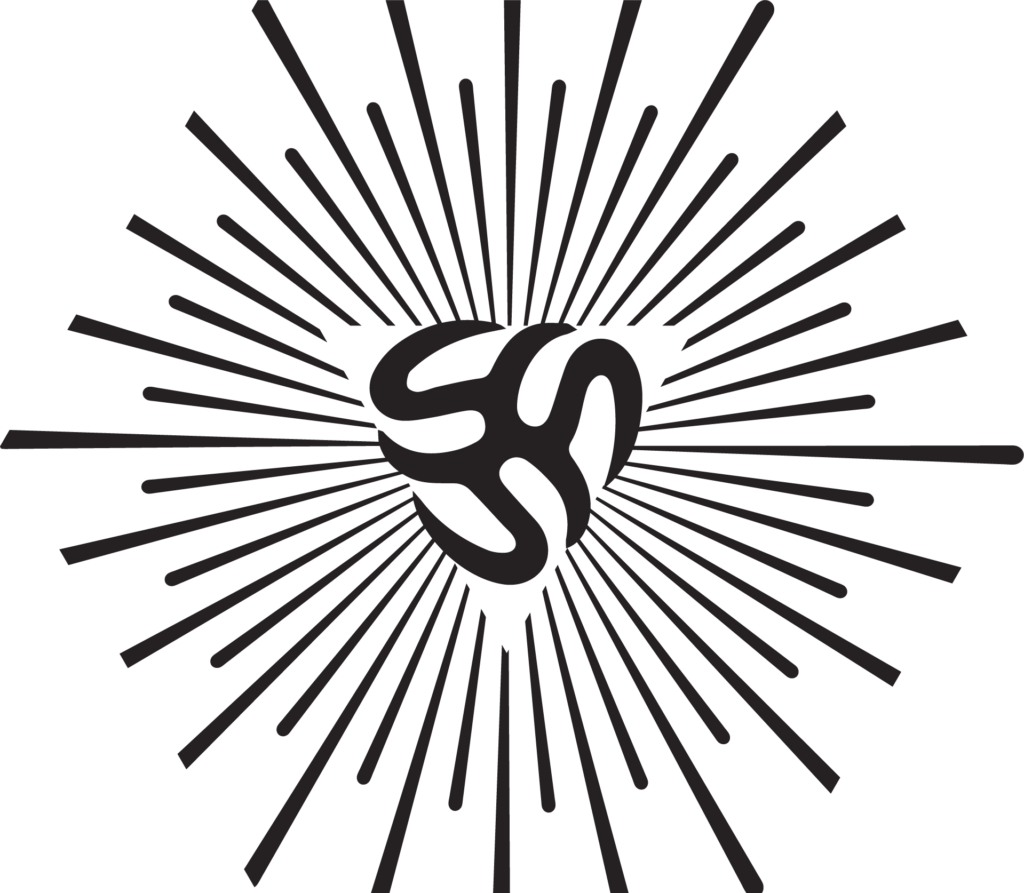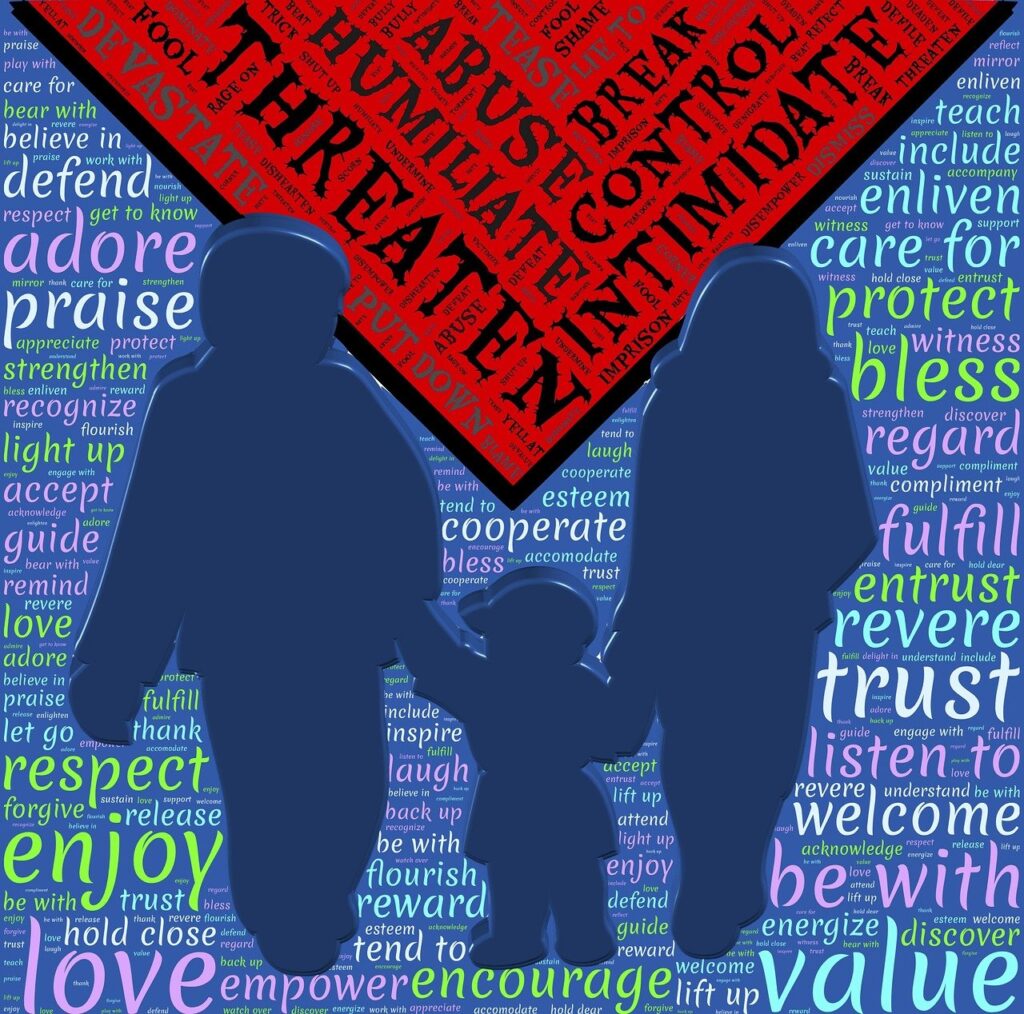Understanding Family Dynamics, Roles, and Rules in the Context of Addiction Recovery
Family dynamics play a crucial role in shaping an individual’s behavior, personality, and coping mechanisms. This influence is particularly significant when it comes to dealing with addiction and the recovery process. Within each family, members often unconsciously adopt specific roles that contribute to the family’s overall dynamic and its approach to handling challenges, including those posed by addiction. These roles can profoundly impact the strength of our boundaries, our communication styles, our sense of control, and our core identity. Understanding these roles and how they influence our interactions and personal development is essential, especially when considering their long-term effects on adult relationships and recovery processes.
The Concept of Family Roles
Family roles were first studied in the context of addiction in the 1980s, with therapists recognizing patterns in how family members adapt to the stress of addiction. These roles can stabilize a family but also lock members into rigid behaviors that can be dysfunctional. Here are the eight common types of family roles:
- The Addict: The person around whom the family’s energies revolve. The needs and behaviors of the addict can dominate family life, often dictating the emotional climate within the home.
- The Caretaker (Enabler): This role involves making all the chaos appear normal. The caretaker protects the addict from the consequences of their behavior in an effort to keep the family functioning.
- The Hero: Typically the responsible one, the hero is often a high achiever and always seems in control. They work hard to bring a sense of pride to the family, often overcompensating for the family’s struggles.
- The Scapegoat: This family member always seems to be in trouble or acting out. They draw attention away from the family’s core issues through their own disruptive behavior.
- The Lost Child: Quiet and reserved, the lost child avoids family conflicts and receives little attention. They cope by withdrawing, making themself invisible amidst the chaos.
- The Mascot: Often using humor to deflect serious situations, the mascot helps relieve family tension but may struggle to process their own emotions deeply and seriously.
- The Mastermind: This newer identified role involves manipulating situations to create a desired outcome, often trying to control the chaos without directly confronting it.
- The Saint: Focused on appearing selfless and martyr-like, this role involves putting others’ needs before their own to an unhealthy degree, often ignoring personal needs and desires.
Impact on Family Dynamics and Individual Development
Each of these roles serves as a survival mechanism within the family system. They help manage and mitigate the stress brought about by addiction but can also limit individual family members’ emotional development and affect their adult relationships.
Boundaries and Communication: Roles like the caretaker or the hero often involve poor boundary setting, where individuals may feel responsible for the emotions and behaviors of others. This can lead to challenges in communication, where expressing personal needs or disagreements becomes difficult. These patterns can persist into adulthood, affecting personal and professional relationships.
Control and Efficacy: Roles such as the mastermind or the saint involve high levels of control, either over oneself or others, to maintain stability within the family. This need for control can translate into an adult who struggles with uncertainty or lacks flexibility in their behavior and relationships.
Core Identity and Self-Perception: Roles can profoundly influence one’s core identity. For instance, the mascot might struggle with being taken seriously in adulthood, while the scapegoat might internalize a negative self-image. The hero might feel undue pressure to always succeed, which can lead to burnout and stress.
The Road to Recovery and Healing
Recovery from addiction involves addressing these deeply ingrained family roles. Families can benefit from therapy that identifies and challenges these roles, encouraging more functional interactions and healthier boundaries. Individual therapy can also help former family members reevaluate their self-perception and relationship patterns, fostering growth beyond their predefined roles.
Family Therapy: Engaging in family therapy can help redefine roles and dynamics, offering each family member a chance to express their needs and redefine their relationships. This type of therapy can be crucial in breaking the cycle of addiction and promoting long-term recovery.
Individual Counseling: For individual family members, counseling can aid in unraveling the complexities of their roles and their impacts on personal identity and relationships. This exploration can lead to a better understanding of oneself, an essential step towards forming healthier relationships and a more stable sense of self.
Conclusion
The roles we adopt in our families shape us in profound ways, influencing how we see ourselves, how we interact with others, and how we cope with challenges. In the context of addiction, these roles can become even more pronounced, often to the detriment of personal and familial health. By understanding and addressing these roles, individuals and families can develop more effective coping mechanisms and healthier relational patterns, paving the way for a successful recovery and a more fulfilling life.


